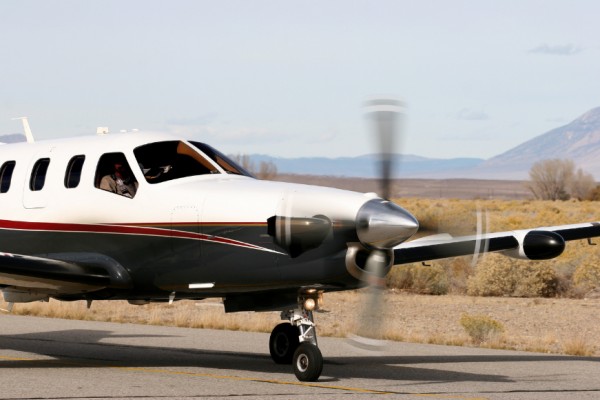- Civil Aircrafts
- 1 year before
What is a Payload in Aviation
Discover what payload is in aviation, its importance and management strategies. Information critical to the success of airlines.
-

- 1 year before
- Category: Civil Aircrafts

What is Payload in Aviation?
The aviation sector plays an important role worldwide with passenger and cargo transportation. One of the most common concepts in this field is the 'useful load'. Payload refers to the commercial cargo capacity of an aircraft and typically covers the total weight of transported materials such as passengers, baggage, cargo, and mail. Payload is vital for the economic efficiency of the aircraft, and optimization of carrying capacity is one of the priority objectives of airlines.
Importance of Payload and Carrying Capacity
The payload capacity of an aircraft directly affects both commercial success and operational efficiency. Maximizing carrying capacity has the potential to increase revenues while reducing costs. However, aircraft have certain weight and volume limitations, and the carrying capacity must be optimized within these limitations. Airlines develop strategies to stay competitive by planning extensively on how to best organize their payloads.
Beneficial Cargo Management for Airlines
Beneficial cargo management by airlines aims to maximize revenues and minimize operational costs. It requires detailed planning depending on the weight capacity of the aircraft, weather conditions, flight distance and fuel consumption. Optimal payload management is made possible as a result of a thorough analysis and data collection process. This process involves dynamic pricing and load distribution strategies, taking into account passenger and cargo demands.
Methods of Beneficial Load Optimization
Airlines use a variety of methods for beneficial load optimization. One of them is load planning, which ensures effective distribution of the load in terms of weight and volume. There may also be operational changes, such as technical improvements to aircraft to increase payload capacity or the choice of more efficient flight routes. The use of innovative technology and process automation provide significant advantages to airlines in payload management.
Payload Management in Aviation in the Future
The aviation industry is constantly evolving, and payload management is also keeping up with this change. Sustainability and environmentally friendly operations are becoming more and more important. The use of alternative fuels, efforts to reduce carbon emissions, and technological innovations that improve efficiency will determine future trends related to the payload in the aviation sector. Airlines must adapt to these innovations in order to maintain and improve their competitiveness.

Faydalı yük nedir?
Faydalı yük, bir hava aracının yolcu, bagaj, kargo ve posta gibi ticari olarak taşınan malzemelerin toplam ağırlığını ifade eden bir havacılık terimidir.
Havayolu şirketleri faydalı yük yönetimini nasıl yapar?
Havayolu şirketleri, ağırlık kapasitesi, hava koşulları, uçuş mesafesi ve yakıt tüketimi gibi faktörleri göz önünde bulundurarak detaylı bir planlama yapar. Bu, yolcu ve kargo talepleri, dinamik fiyatlandırma ve yük dağılımı stratejileri ile desteklenir.
Faydalı yük yönetimi gelecekte nasıl evrilecek?
Gelecekte, sürdürülebilirlik, çevre dostu operasyonlar ve teknolojik yenilikler, faydalı yük yönetiminin temel faktörleri olacak. Şirketler, bu yeniliklere adapte olarak rekabet güçlerini koruyacak ve geliştireceklerdir.




